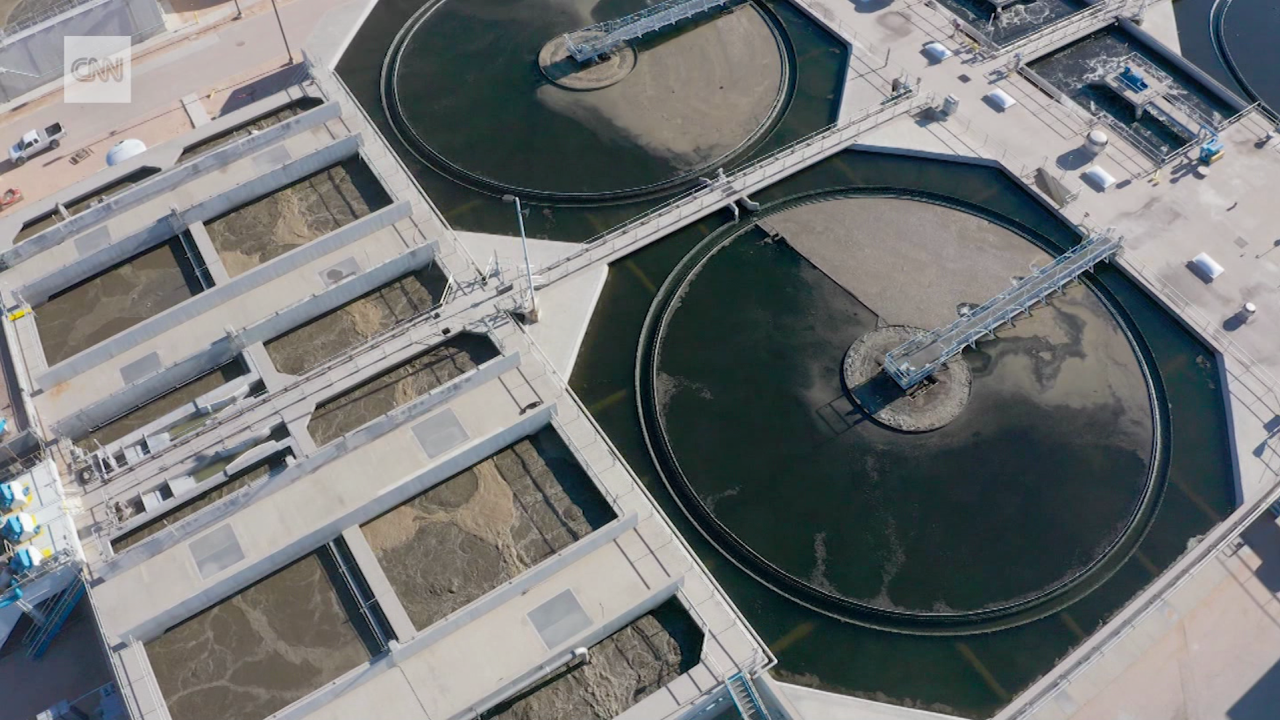White House Covid-19 coordinator Dr. Ashish Jha warned Wednesday that without more funding from Congress the US will not be able to buy enough Covid-19 vaccines for every American who wants an updated shot later this year.
Scientists are working to develop new vaccines that would offer additional protection from infection and severe illness from new variants, including the possibility of a bivalent vaccine, a vaccine that would combine a currently approved vaccine with an Omicron-specific vaccine, for example. The US Food and Drug Administration could make a decision as soon as next month based on data from manufacturers Moderna and Pfizer for distribution in the fall.
“We’re in the middle of developing new vaccines, potentially bivalent vaccines, the FDA is going to be looking at the data on this and making decisions. Our expectation is that we’ll probably get a new generation of vaccines or certainly we need to plan for that,” Jha said Wednesday.
Jha continued, “I want to make sure we have enough resources that we can buy enough vaccines for every American who wants one. I think that is absolutely critical. We do not have the resources to do that right now. So, without additional funding from Congress, we will not be able to buy enough vaccines for every American who wants one, once these new generation of vaccines come out in the fall and winter.”
The comments came as top Biden administration officials gave an update on the state of the Covid-19 pandemic, boosters, treatments, and funding during Wednesday’s Covid response team briefing, the first such briefing in more than a month. Jha, Dr. Anthony Fauci, and US Centers for Disease Control and Prevention Director Dr. Rochelle Walensky spoke at the briefing. It was Jha’s first appearance at a Covid briefing since assuming his new role last month.
It comes as cases are rising nationwide, something officials were expected to detail during the briefing. US Covid-19 deaths recently exceeded 1 million, a milestone marked by President Joe Biden last week.
The Biden administration requested $22.5 billion in additional funding for US Covid response, but that bill faces an uncertain path forward in Congress.
There have been “preliminary conversations” with vaccine manufacturers, Jha said, but negotiations have not yet begun without the additional funding resources from Congress.
“Every day we wait, every week we wait, we just fall a little further behind in line,” Jha said, adding that the administration is “very committed” to finding resources from other programs to pay for at least some of these updated vaccines.
“I think if Congress abdicate its responsibilities, it is not acceptable for us in the administration to go into the fall and winter with zero vaccines. I am confident we will find money to be able to get some Americans vaccinated, maybe just the highest risk, we don’t know, but these are not decisions we want to be having to make. We want Congress to step up,” he said.
Jha also said that nearly 8.5 million US households have ordered rapid tests for Covid-19 in the first few days after the federal government made a third round of free tests available earlier this week. There are approximately 122.3 million households in the US, according to the US Census bureau.
Rapid tests, Jha told reporters, are a “very effective way” to reduce the virus’ spread. Jha characterized the demand since Monday as “impressive,” although the 8 million households represents only a small fraction of total US households. When the White House announced the new round of tests earlier this week, it said 350 million free tests had been shipped to US households to date.
The government first launched the website to allow for the order of free tests in January. Americans were able to order their second round of tests in March. During both rounds, people could order a maximum of four tests per household. This third round doubles that.
These tests were paid for by the Covid-19 relief bill passed by Congress last year.





